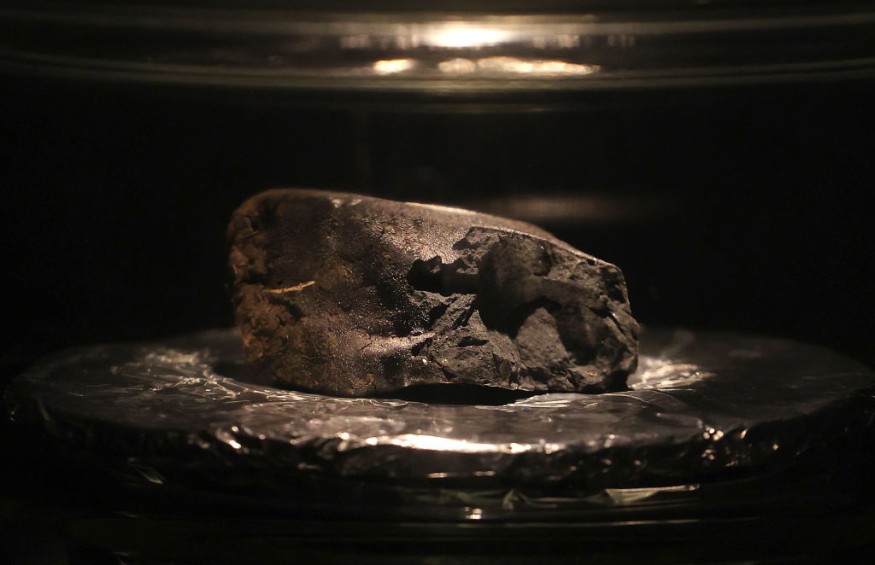Earlier this year, a 4.6 billion-year-old meteorite crashed in Winchcombe, Gloucestershire. Do you remember it? It may hold the key to explaining how our planet got its water. According to experts, the Winchcombe meteorite has water traces virtually identical to Earth's water. This has increased the likelihood that important chemical substances, including water, may arrive on Earth from space.
Transcontinental Times wrote that water contained nearly the same number of hydrogen atoms as Earth. With the highest degree of certainty, the Winchcombe meteorite is thought to have fallen in a carbonaceous chondrite. Experts recovered the meteorite.
This notion has gained support thanks to a recent examination of the Winchcombe meteorite published on Nov. 16 in Science Advances.

Rock of Ages: What Winchcombe Meteorite Shows
According to the National History Museum in London, the Winchcombe meteorite had water identical to Earth's. The meteorite weighs 2% carbon and 11% water.
Ashley King, the lead author of the study and a research fellow at the museum, told The Guardian that Winchcombe indicates that asteroids were the primary source of water by matching the water in the Earth's seas quite well.
The finding of alien amino acids is a beginning kit for the building blocks of life, bolstering the notion that meteorites supplied organic molecules and water.
Soluble Space Rocks
Most meteorites break apart before landing and are rarely discovered. Earth's atmosphere degraded the other space rocks, so scientists can't be sure if what they find is from space or Earth.
Luke Daly, a planetary scientist at the University of Glasgow and coauthor of the paper, told CNN that most CM chondrites (a kind of meteorite) contain "Earth-like" water.
Although these rocks change and deteriorate quickly after touching down on the planet, they may only resemble Earth because they have absorbed precipitation or something similar.
With public reports and footage from the UK Fireball Alliance, the Winchcombe meteorite was promptly recovered.
"The rapid retrieval and curation of Winchcombe make it one of the most pristine meteorites available for analysis, offering scientists a tantalizing glimpse back through time to the original composition of the solar system 4.6-billion-years-ago," King said in a press release.
Daly thinks they're just beginning to explore the meteorite's mysteries.
The results aren't solid proof that Earth obtained its water from space, but they support the notion, much like the meteorite.
RELATED ARTICLE: Rare 4.6-Billion-Year-Old Meteorite Discovered in England Found Lying in Imprint of a Horseshoe
Check out more news and information on Meteorite in Science Times.












